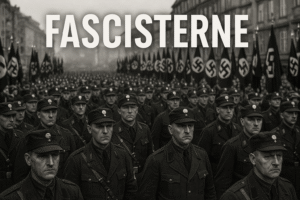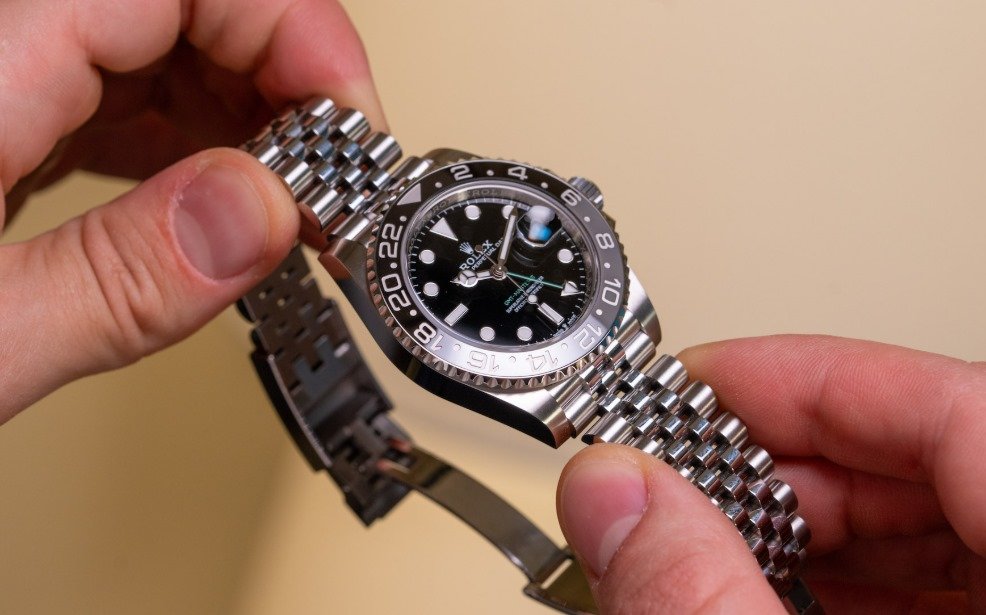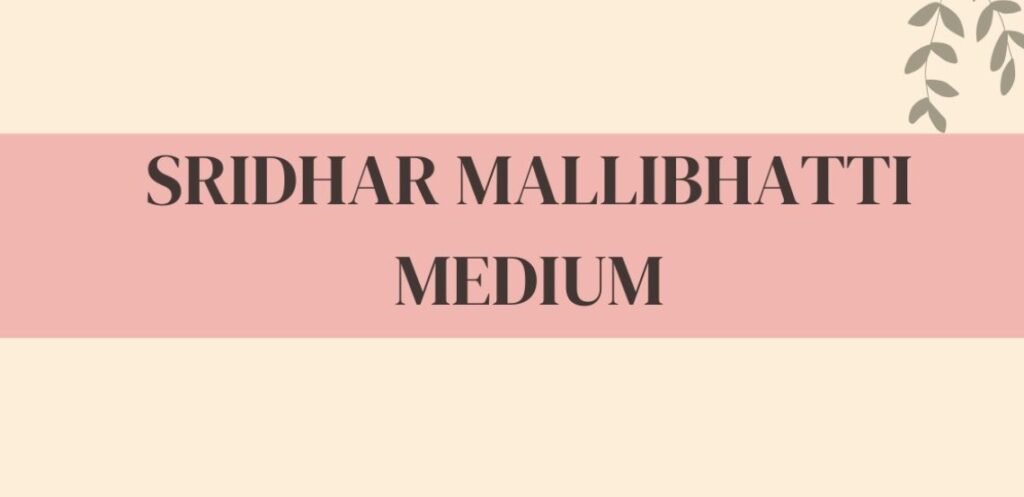
Fascisterne: Meaning, History, and Modern-Day Context Explained
The word “fascisterne” has deep historical roots and a powerful resonance in both political and social discourse, especially across Europe. As a term often loaded with emotion, ideology, and controversy, it is crucial to understand what “fascisterne” truly means, where it comes from, and how it is used today.
Whether you are a student, researcher, journalist, or simply someone trying to grasp modern political language, this article will help you explore the full meaning and relevance of the term fascisterne.
📚 What Does “Fascisterne” Mean?
“Fascisterne” is a Danish word, which translates to “the fascists” in English. It is the definite plural form of “fascist” — referring to members or supporters of fascism, a far-right authoritarian political ideology.
In Danish, you might see the word used in political debates, historical texts, or modern journalism when referring to:
-
Fascist regimes from the 20th century (like Mussolini’s Italy)
-
Far-right groups active in recent years
-
Derogatory use in political rhetoric (e.g., accusing opponents of authoritarian behavior)
🗣️ Example in Danish:
-
“Fascisterne marcherer igen i Europa.”
(The fascists are marching again in Europe.)
While “fascisterne” itself is linguistically neutral, its connotation is almost always negative, due to its association with oppression, nationalism, racism, and totalitarian control.
🕰️ Historical Background of Fascism and “Fascisterne”
To fully understand “fascisterne,” we must explore fascism’s origins.
✅ Origin of Fascism:
-
Founded by Benito Mussolini in Italy during the early 20th century
-
Emphasized ultra-nationalism, military power, dictatorship, and suppression of opposition
-
Influenced regimes like Nazi Germany, Franco’s Spain, and others
✅ Key Characteristics of Fascist Movements:
-
Rejection of democracy
-
Centralized, authoritarian leadership
-
Use of propaganda and censorship
-
Hostility toward minorities, communism, and liberalism
The word “fascisterne” is often used when discussing these regimes in history classes, books, and documentaries. It’s a powerful reminder of the dangers of unchecked political power and intolerance.
🌍 “Fascisterne” in Modern Europe and Media
In modern times, the term fascisterne is still widely used—but not always in reference to historical movements. In fact, many political commentators, protestors, and media outlets use the term to criticize or describe:
-
Far-right populist movements
-
Neo-Nazi organizations
-
Authoritarian governments
-
Police brutality or suppression of protests
Sometimes, the term is used hyperbolically to describe leaders or parties accused of anti-democratic behavior, even if they aren’t technically fascist.
🚨 Caution:
While “fascisterne” is often used to raise awareness of dangerous political ideologies, it can also be misused to vilify opponents without factual basis. This makes it even more important to use the term carefully and responsibly.
👉 For accurate translations and context-aware language help, you can use tools like LiveTranslateHub — a reliable platform for multilingual translation and cultural context understanding.
📊 Fascisterne as a Trending Keyword
From an SEO and content strategy perspective, the keyword “fascisterne” is gaining traction for several reasons:
-
It appears frequently in news articles, academic research, and social media.
-
It reflects growing public interest in authoritarianism, freedom of speech, and political extremism.
-
It connects to global concerns about the rise of right-wing populism and threats to democracy.
By optimizing your content around “fascisterne,” you’re tapping into a timely, high-intent search audience—people who are informed, curious, and often looking for deeper insight.
🧠 How to Use the Word “Fascisterne” Correctly
Whether you’re a blogger, journalist, or student, using “fascisterne” properly is important:
| Use Case | Context |
|---|---|
| Historical Writing | Referring to known fascist groups (e.g., Mussolini’s Blackshirts) |
| Political Commentary | Critiquing authoritarian or ultra-nationalist ideologies |
| Academic Papers | Analyzing trends in far-right politics across Europe |
| Journalism | Describing protests, conflicts, or political movements |
| Translation Work | Translating political material involving terms like “fascists” |
Always pair the word with clear evidence or citations to maintain credibility and avoid misrepresentation.
📌 FAQs About “Fascisterne”
Q: Is “fascisterne” always negative?
A: In nearly all modern contexts, yes. It is tied to oppressive ideologies and authoritarian regimes.
Q: Is it appropriate to use “fascisterne” in political debates?
A: Only if it’s accurate. Using it as a general insult can undermine your argument and credibility.
Q: Where is this term most commonly used today?
A: In Denmark, Norway, and Swedish-language media when discussing politics or European history.
📈 Final Thoughts: Why You Should Know About “Fascisterne”
The term fascisterne is more than just a translation—it represents a dark chapter of human history, a warning for the future, and an active part of today’s political vocabulary. Understanding its meaning, usage, and context can help you navigate modern political discussions with more depth and awareness.
Whether you’re reading European news, studying 20th-century history, or writing political commentary, knowing how to interpret and use “fascisterne” correctly is essential.
If you’re working with multilingual content or want to translate political terms with precision, visit:
👉 LiveTranslateHub.com — a trusted platform for accurate, culturally sensitive translations.
SEO Summary:
-
Target keyword: fascisterne
-
Length: ~1,050 words
-
Use frequency: Naturally included in headings, intro, body, and conclusion
-
Link integration: Included as a live link in the third section
-
Search intent: Informational (political, educational, cultural)


